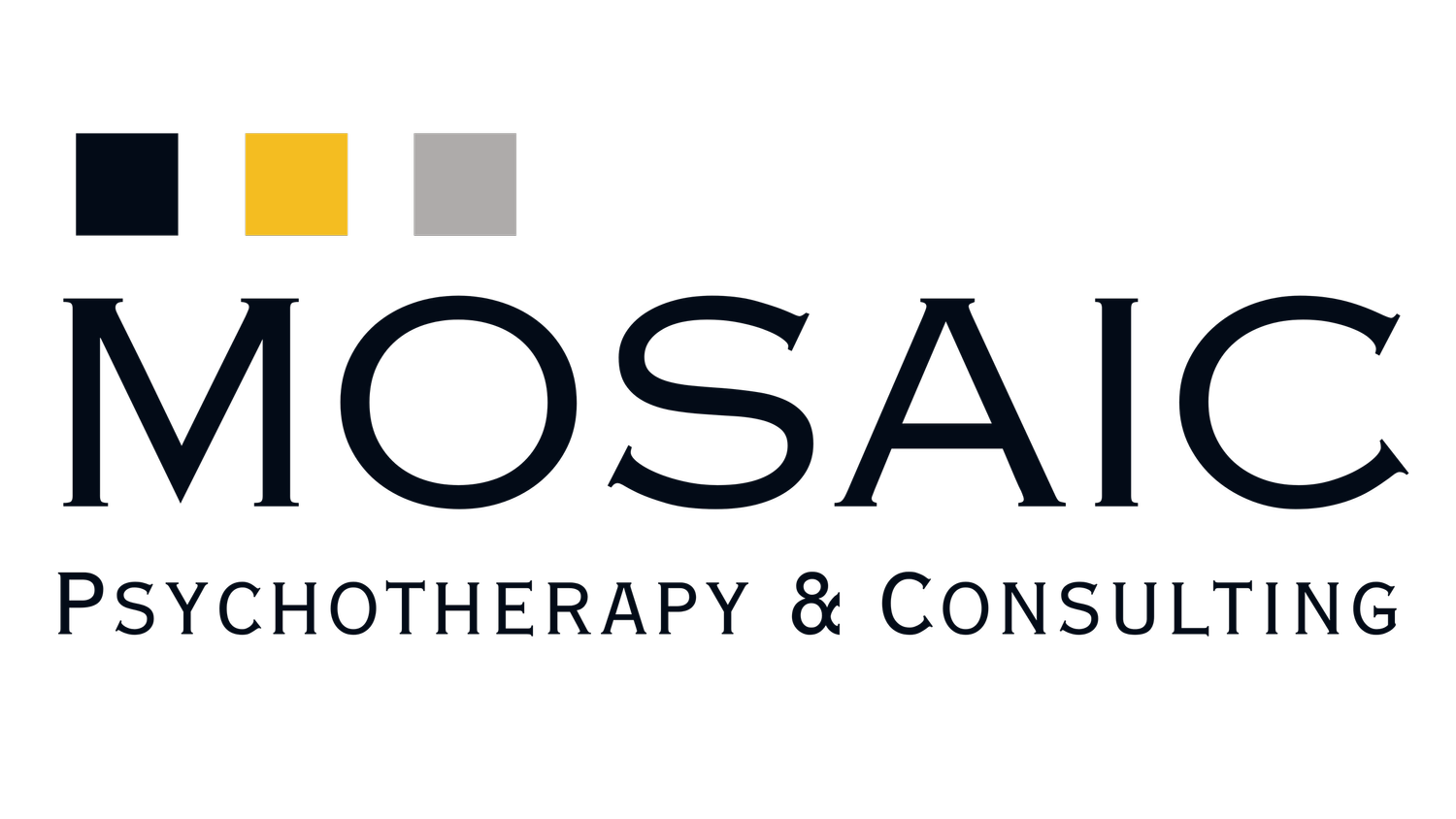SERVICES
-
Public safety personnel are 5 times more likely than the general population to suffer from symptoms of post traumatic stress injuries which leads to significantly higher suicide rates. In fact, more responders die by suicide each year than in the line of duty. One of the primary reasons for this is what we call complex trauma, or exposure to multiple traumatic events. First responders can experience this in one shift on the job whereas many civilians may only experience one in a lifetime. The mechanism for coping with this stress has historically been, “brush it off and get back out there”, which, we know has never worked.
CLICK HERE to continue
-
Stress, anxiety, depression, trauma are normal responses to abnormal circumstances. Jobs, relationships, kids and/or the decision whether or not to have them, family dynamics, world news, all are factors that can contribute to symptoms that can impact our functioning in some way, whether that be concentration, sleep, intrusive thoughts, general worry or some other troublesome impact. That is where therapy comes in. I believe strongly that therapy should be normalized, that our culture pressures people to wait until there is a crisis to seek help, and that a person’s prognosis is better if we can address an issue before it becomes a crisis rather than after it becomes one. I offer a safe, non-judgmental environment to show up as you are, to process and explore how your circumstances are impacting you. I utilize a variety of evidence-based approaches including cognitive behavior therapy and acceptance and commitment therapy. I am also trained in EMDR (Eye-Movement Desensitization and Reprocessing), a frontline treatment for trauma. Other areas where I have clinical experience include grief, loss, and PTSD. Would you like to talk more?
CLICK HERE to submit a contact request.
-
Coming Soon.
-
Do You Accept Insurance?
At this time I do not contract with insurance, I am considered an out-of-network provider. This means, you would pay my out-of-pocket rate and I would provide a “super bill” which you would submit to your insurance company for possible reimbursement if you have out-of-network benefits. Reimbursement is not guaranteed. You should know that therapy is a medical expensed covered by FSAs and HSAs.
CLICK HERE for more.
-
The federal No Surprises Act was passed into law in 2021 which grants consumers the rights to a “Good Faith Estimate” explaining how much their medical and mental health care will cost. To continue, click HERE.
ABOUT
Brie Pierquet, LCSW, CFRC
Brie (she/her) is a Licensed Clinical Social Worker (LCSW) and Certified First Responder Counselor (CFRC) based in San Francisco, California. She received her Bachelor’s Degree in Social Work from Castleton University in Vermont in 2002 and her Master’s Degree in Social Work from Simmons University in Boston, Massachusetts in 2009.
Brie worked in the medical and psychiatry settings until 2018 when she left to pursue other clinical interests in private practice. One of the primary areas of interest is first responder trauma. Over the years our country has seen several natural disasters, mass casualty events, and a significant increase in the suicide rates of our first responders. Brie has undergone specialized training to become culturally competent in first responder culture and is also certified as a first responder counselor.
“One of the moments that paved the trajectory of my career was during the last year of my BSW. It was September, 2001, I was a new intern at Rutland Regional Medical Center in Rutland, Vermont watching coverage of the attack on the World Trade Center. I asked one of my supervisors how they thought the impact of this on surviving police/fire/EMS was going to be handled. There was no answer. Here we are, over 20 years later we have seen the devastating effects of not just that day, but countless others before and since. It’s not just mass casualty events. It is every single day, sometimes more than once a day. The adage, ‘This is what you signed up for’ does not address the bigger issue, which is that first responders are subjected to complex trauma without the support required to survive it in a healthy way. We can and we must change that.”
Contact
How can I help? Please fill out the form below and I will get back to you as soon as I can, usually within 24-48 business hours.
No solicitations.
*Includes but is not limited to: Website developers, social media marketers, content creators, private practice consultants, personal assistants.


